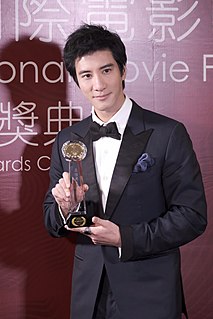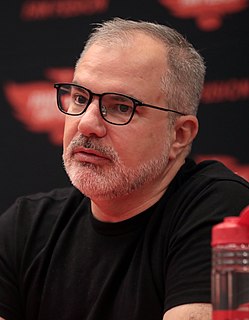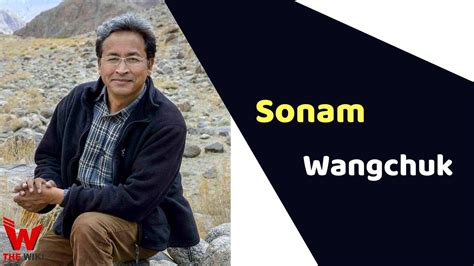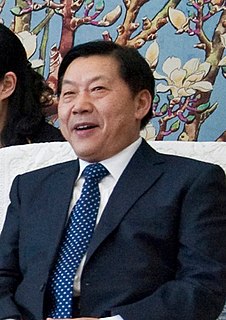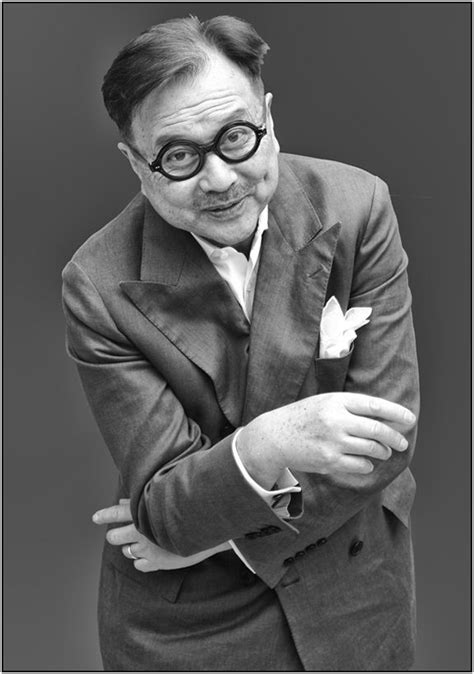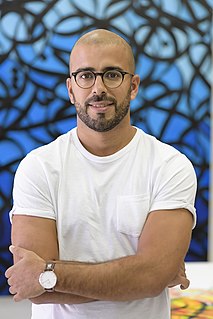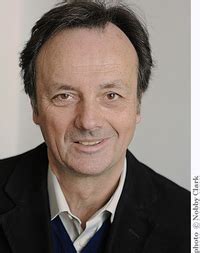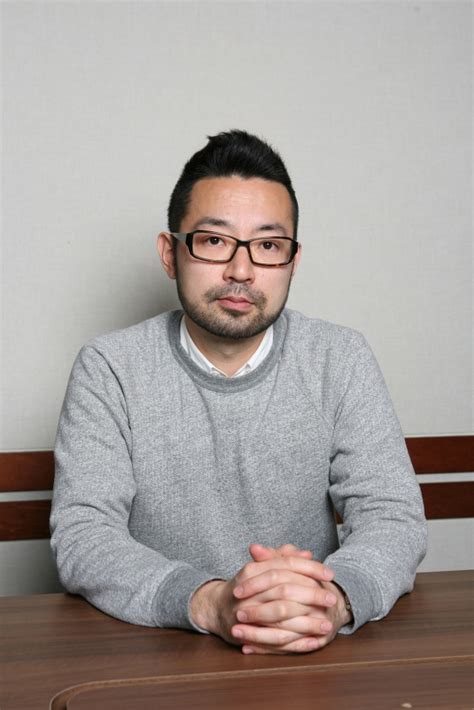A Quote by Robert Lepage
When we were working on 'River Ota' in the '90s, I learnt to read Japanese, which was how I discovered that it incorporates elements of Chinese calligraphy.
Related Quotes
The true essence of Chinese culture is sophistication, refinement, the spirit of poetry. The spirit of ink painting and calligraphy lives on forever. Calligraphy is more important than painting. Chinese always consider nature. Man is a very small part of nature. That's why in Chinese painting you see huge mountains and man very small, very humble before nature. You must be harmonious and one with nature. You don't fight it. And then there's a bit of a poetry. Of course, it's very complicated, but also very simple.
I couldn't know about my culture, my history, without learning the language, so I started learning Arabic - reading, writing. I used to speak Arabic before that, but Tunisian Arabic dialect. Step by step, I discovered calligraphy. I painted before and I just brought the calligraphy into my artwork. That's how everything started. The funny thing is the fact that going back to my roots made me feel French.
Right after September 11, 2001, there weren't really any blogs in China, but there were a lot of Chinese chatrooms - and there were a lot of conversations in which Chinese netizens were saying things like, 'served them right.' That was definitely not the official Chinese government policy - which condemned the terrorists.
Many Chinese criticize me not only on Baidu but on Facebook. Some say, do you think Chinese authorities were stupid enough not to realize you were a North Korean defector? If they read my book, they'd understand. I did my best to escape. I think it's all a miracle. It's not because Chinese policemen were stupid enough to believe my fake story.


